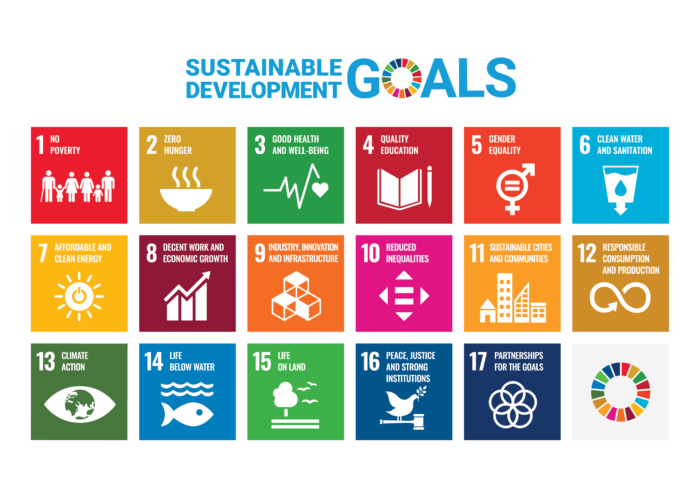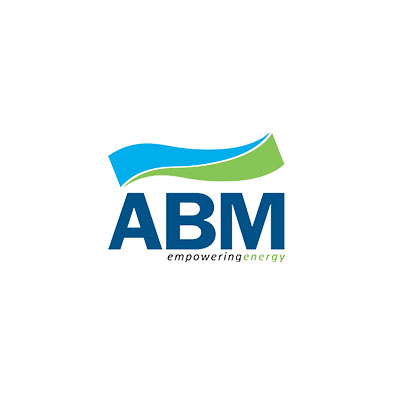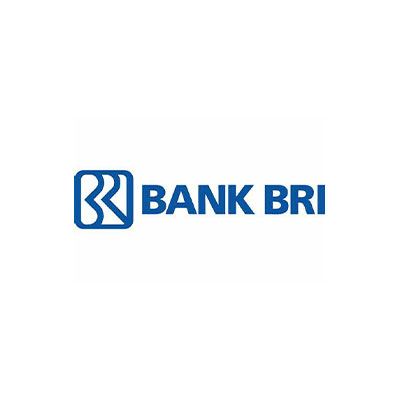Sustainability Report for the Achievement of SDGs
The Sustainable Development Goals (SDGs) are global and national commitments to improve society’s welfare, which include 17 global goals and targets for 2030, declared by both developed and developing countries at the United Nations General Assembly in September 2015. Although initiated by the UN, the achievement of SDGs requires the role of various parties, including companies/organizations.
The contribution of companies/organizations in achieving the SDGs can be observed in sustainability reports. Especially in the Corporate Social Responsibility (CSR) program.
A sustainability report is prepared and published by a company/organization to help measure and communicate the sustainability performance of its operations. Sustainability performance here refers to the ‘triple bottom line’, which is a business concept that states that companies/organizations must be committed to measuring their economic, social, and environmental impacts so that they are not only focused on generating company/organization profits.
But corporate performance, transparently communicated in sustainability reports, is not limited to economic, social, and environmental topics, but also includes corporate governance. The key information that must be summarized in the sustainability report is the performance and impact of the company’s operations on economic, social, environmental, and corporate governance aspects, as well as the company’s contribution to the achievement of the SDGs.
By applying the ‘triple bottom line’, companies/organizations can integrate sustainable practices into every aspect of their business operations. Starting from the supply chain, business partners, and the use of renewable energy, to CSR programs. This business concept not only has a positive impact on the environment around the company but can also open up other profit opportunities for the company itself.
According to Sustainable Business Strategies, there is growing evidence that companies with promising environmental, social, and governance (ESG) metrics tend to generate superior financial returns. As a result, more and more investors are starting to focus on ESG metrics when making investment decisions.
Previously, sustainability reports have not been an important or mandatory report to be prepared by every company/organization. So companies/organizations voluntarily prepare sustainability reports, to increase their credibility.
But with the times and demands for accountability from stakeholders including investors, as well as regulators, this report is starting to get a lot of attention and even become mandatory. In Indonesia, for example, the Financial Services Authority (OJK) through OJK Regulation No. 51/2017 on Sustainability Finance requires Financial Services Institutions, Issuers, and Public Companies to submit Sustainability Reports.
Green Consult believes that sustainability is not just a trendy term but an important value that must be integrated into all aspects of an organization’s operations. Therefore, we provide various services to assist our clients in establishing sustainable practices and strategies, including in preparing sustainability reports.
Source:
- National Center for Corporate Reporting (NCCR) GRI Training Material
- https://ekonomi.republika.co.id/berita/rz2257456/grant-thornton-jabarkan-manfaat-dan-tantangan-dari-laporan-keberlanjutan
- https://online.hbs.edu/blog/post/what-is-the-triple-bottom-line
























































